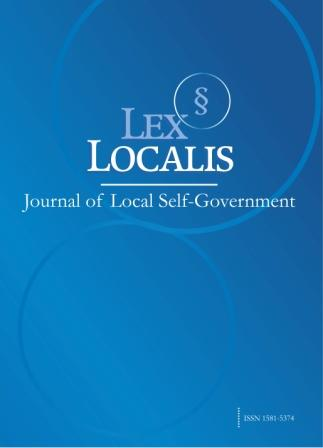The Effect of the Expansion of U.S. Liquefied Natural Gas Exports and Its Diverse Substitution Patterns on Global Greenhouse Gas Emissions and Environmental Quality: A Panel Data Analysis Using the ARDL Model Covering the Period 1990–2022
DOI:
https://doi.org/10.52152/a0g1b871Keywords:
U.S. liquefied natural gas exports; domestic natural gas production; carbon emissions; environmental quality; ARDL; GDP growth rateAbstract
This study investigates the evolution of U.S. liquefied natural gas (LNG) exports and evaluates their impact on global energy market dynamics—particularly in terms of prices, energy security, and environmental quality—over the period 1990–2022. The research employs an econometric framework incorporating LNG exports (X), domestic natural gas production (PL gaz), and GDP growth rate a sin dependent variables, while carbon dioxide emissions (CO₂ E) serve as the dependent variable re presenting environmental quality. The analysis applies the Autoregressive Distributed Lag (ARDL)bounds testing approach and cointegration techniques to explore the short- and long-run dynamics among the variables. The empirical findings indicate that U.S. LNG exports have experienced substantial growth over the last decade, reaching approximately 88.3 million tons in 2024, with projections suggesting further expansion to around 16.4 billion cubic feet per day by 2026. This upward trend has been driven by technological advancements, large-scale infrastructure investments, and growing global demand, particularly from European and Asian markets. Nevertheless, this expansion has also introduced environmental challenges and regulatory pressures, underscoring the urgent need for balanced policies that promote sectoral sustainability while mitigating adverse climate impacts. The econometric results further demonstrate that, in the long run, the expansion of LNG exports has a significant and positive effect on carbon dioxide emissions in the United States. Additionally, per capita GDP growth emerges as a key factor contributing to higher carbon emissions, alongside a strong positive long-term association between CO₂ emissions and domestic natural gas production. These results highlight the necessity of integrating environmental sustainability into future strategies for the continued development of the U.S. LNG export sector.
Downloads
Published
Issue
Section
License
Copyright (c) 2025 Lex localis - Journal of Local Self-Government

This work is licensed under a Creative Commons Attribution-NonCommercial-NoDerivatives 4.0 International License.








